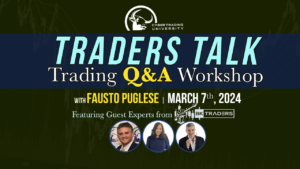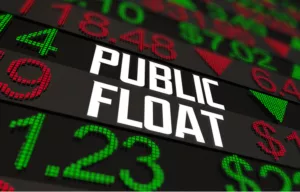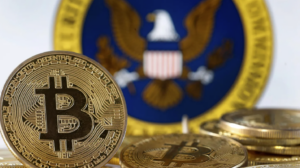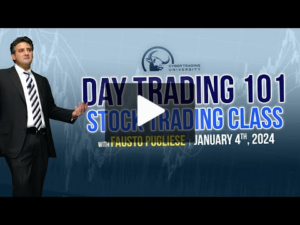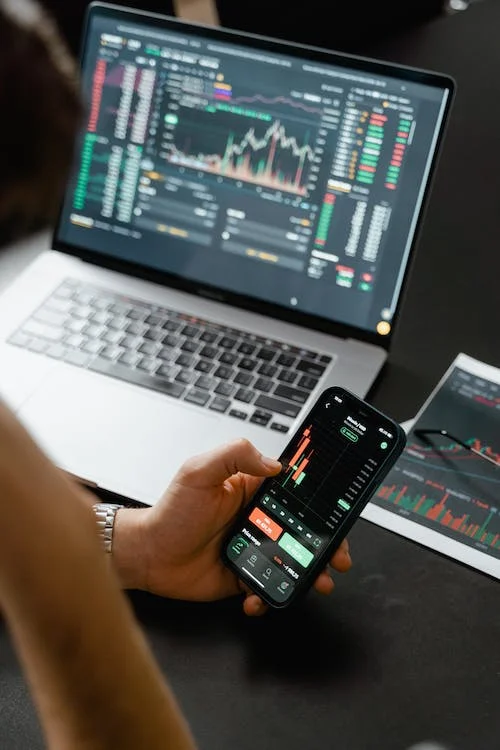
Are you trying to decide between futures trading and options trading for your next investment strategy? Knowing the key differences between these two kinds of trades can help you make an informed decision that best suits your needs.
Futures trading is an agreement between two parties to buy or sell a set number of shares at an agreed upon price, at an agreed upon date in the future. This type of investment has been popular for decades and is used by many professional traders as part of their portfolio. The main benefit of futures trading is that it requires less money up-front than traditional investing since contracts can be purchased for a fraction of the total cost of buying shares outright. However, these contracts come with greater risk since prices can change quickly and traders must remain on top of any fluctuations in order to make a profit.
Options trading is another popular strategy for taking advantage of stock market movements without actually owning any shares. In this type of trade, investors purchase options contracts which give them the right (but not the obligation) to buy or sell certain assets within a specified time period at a predetermined price (known as a strike price). Options investors generally try to speculate on price movements either up or down and profit from the difference between their purchase price and the eventual sale price.
When considering which method is right for you, it’s important to take into consideration your risk tolerance and financial goals. If you’re looking to make quick profits then futures trading may be more suitable; however if you’re looking for longer-term investments then options may provide more control over your exposure to risk without tying up much capital upfront. Ultimately, each investor will need to weigh up all aspects before selecting which strategy best suits them.
Comparing the Risks of Futures Trading and Options Trading
Making decisions about which trading methods to use can be difficult, particularly when you’re trying to decide between futures trading and options trading. Both strategies come with their own unique set of risks that need to be carefully weighed up before investing.
Futures trading is an agreement to buy or sell a set number of shares at an agreed upon price and date in the future. This type of investment has been popular for many years due to the fact that it requires less capital up-front than traditional investing. However, these contracts come with greater risk since prices can change quickly and traders must remain on top of any fluctuations in order to make a profit.
Options trading is based on purchasing contracts which give the investor the right (but not obligation) to buy or sell certain assets within a specified time period at a predetermined price. The main advantage of this strategy is that it gives investors more control over their exposure to risk as they don’t have to commit a large amount of capital upfront. However, since options are dependent on stock market movements there is still considerable uncertainty associated with this type of trade.
Ultimately, each investor will need to weigh up all aspects before selecting which strategy best suits them. It’s important to consider your motivations and goals when making your decision as well as how much risk you are willing (and able) to take on in order to achieve them.
Advantages of Futures Trading and Options Trading
Futures trading and options trading are two popular strategies for investors looking to maximize their returns. While each of these methods has its own set of risks, there are several advantages associated with each that can help traders make informed decisions about their investments.
Futures trading involves an agreement to buy or sell a set amount of shares at an agreed-upon price and date in the future. This type of trade requires minimal capital up-front yet still carries a high level of risk due to rapidly changing prices. The main advantage of futures trading is that it allows traders to maximize profits while limiting their exposure to losses by investing conservatively and controlling their risk profile.
Options trading on the other hand, involves purchasing contracts which give the right (but not obligation) to buy or sell certain assets within a specified time period at a predetermined price. The main benefit here is that investors have more control over their exposure since they don’t need to commit a large amount of capital upfront. Additionally, options also offer more flexibility than futures as they are not tied down to one specific asset or contract size and can provide more opportunities for profits regardless of market conditions.
Ultimately, choosing between futures trading or options trading will depend on your individual needs, financial goals, and risk appetite. Careful consideration should be taken when selecting your preferred method in order to ensure the best possible outcome from your investment choices.
Summary
Futures trading and options trading are two popular strategies for investors looking to maximize their returns. Futures trading requires minimal capital up-front and offers traders the ability to control risk while still maximizing profits. Options trading provides more control over exposure since they don’t need to commit a large amount of capital upfront, as well as more flexibility as they are not tied down to one specific asset or contract size. Each strategy carries its own set of risks and advantages, so careful consideration should be taken when selecting the best approach for individual needs and goals.
HOW TO LEARN MORE ABOUT OPTIONS & FUTURES TRADING
Learn more about this topic and how to gain a greater understanding of the stock market at my free class, Click here to learn more about Futures & Options Trading
About The Author
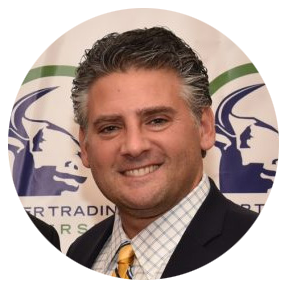 Fausto Pugliese is founder and president of Cyber Trading University. Pugliese began his career on Wall Street as a stockbroker and was one of the first independent traders to take advantage of the Direct Access Trading technology boom that started in 1987. He has appeared on Fox News, CNBC, and other financial shows. Fausto was one of the original Day Traders of the early 1990’s and one of the first independent traders to take advantage of the Direct Access Trading technology boom in 1987. He acquired a wealth of knowledge from years of hands on experience, beginning in the trenches, working side by side with some of the most practiced and successful traders in the industry. After spending considerable time mastering the art and discipline of day trading, Fausto chose to start his own company to share some of his highly-sought-after wisdom.
Fausto Pugliese is founder and president of Cyber Trading University. Pugliese began his career on Wall Street as a stockbroker and was one of the first independent traders to take advantage of the Direct Access Trading technology boom that started in 1987. He has appeared on Fox News, CNBC, and other financial shows. Fausto was one of the original Day Traders of the early 1990’s and one of the first independent traders to take advantage of the Direct Access Trading technology boom in 1987. He acquired a wealth of knowledge from years of hands on experience, beginning in the trenches, working side by side with some of the most practiced and successful traders in the industry. After spending considerable time mastering the art and discipline of day trading, Fausto chose to start his own company to share some of his highly-sought-after wisdom.
